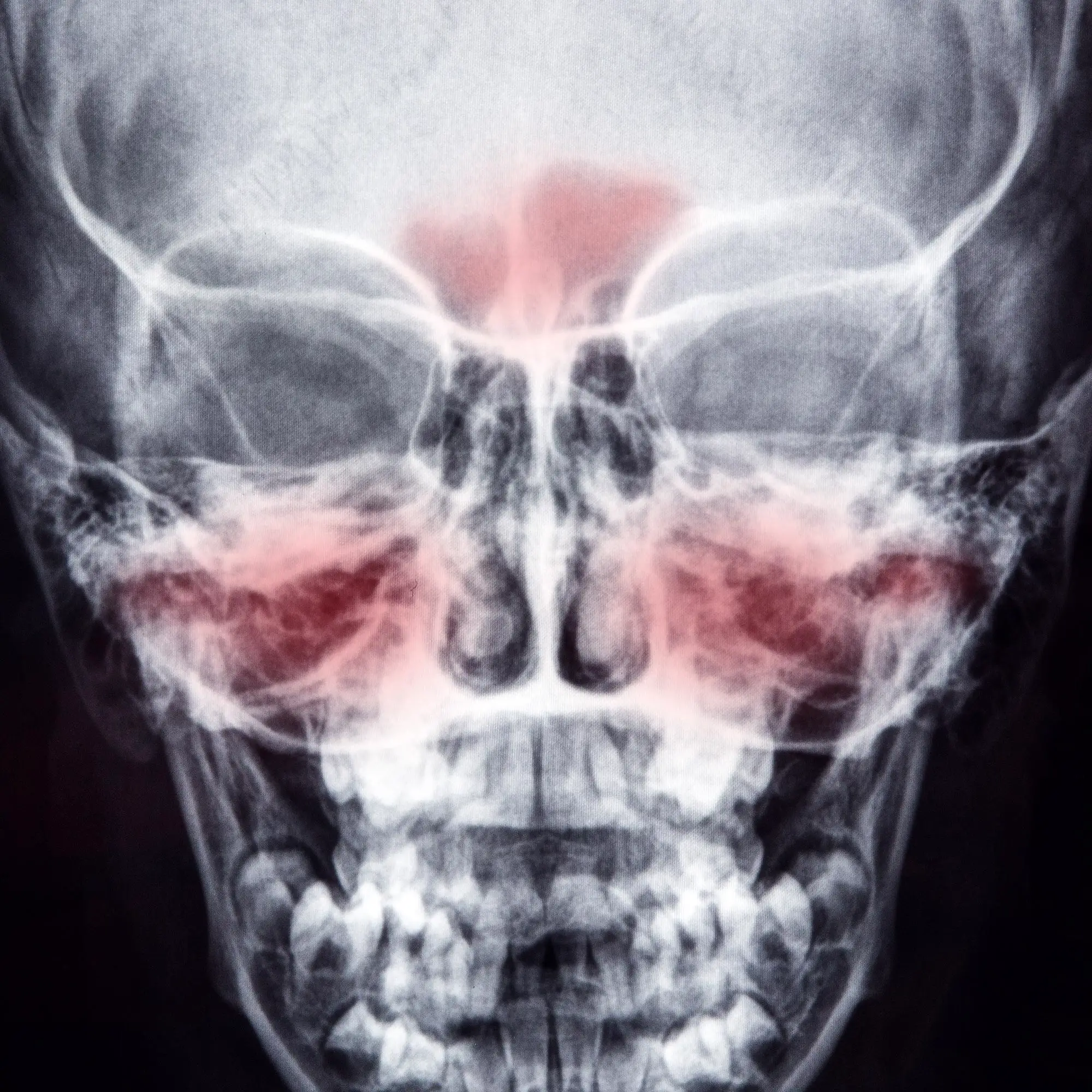Summary of Do COVID-19 Monoclonal Antibody Treatments Work? What Two Years of Patient Data Reveal:
A study published in the Annals of Internal Medicine found that monoclonal antibody treatments within two days of a positive COVID-19 test can reduce the risk of hospitalization or death by 39% compared to untreated peers. Analyzing one of the largest U.S. databases of patients treated with monoclonal antibodies, the study highlights the importance of investing in infrastructure and healthcare worker knowledge to deliver antibody treatments quickly, especially in the face of potential future deadly virus variants. The UPMC and University of Pittsburgh School of Medicine study also confirms that rapid deployment of monoclonal antibody treatments during the COVID-19 pandemic saved lives and prevented hospitalizations.
*****
Monoclonal Antibody Treatments Proven Effective in Reducing COVID-19 Hospitalization and Death Risk
As the COVID-19 pandemic raged, monoclonal antibody treatments increased exponentially, with clinics set up nationwide to administer them to high-risk patients. However, the real-world effectiveness of these treatments was yet to be determined. A recent study published in the Annals of Internal Medicine analyzed a large U.S. patient database of monoclonal antibody treatments. It found that patients who received monoclonal antibodies within two days of a positive COVID-19 test decreased their risk of hospitalization or death by 39% compared to untreated peers. The study emphasizes the importance of investing in infrastructure and healthcare worker education to efficiently deliver antibody treatments in the face of any future deadly virus variants.
Monoclonal Antibodies: What Are They?
Monoclonal antibodies, in the context of COVID-19, are human-made antibodies designed to prevent the COVID-19 virus from entering human cells and causing severe illness. The FDA approved five monoclonal antibody treatments for COVID-19 that were authorized under Emergency Use Authorization. All were restricted to people aged 12 and older with risk factors that made them more susceptible to severe illness from COVID-19. These treatments were administered intravenously or through injection by healthcare professionals.
Real-World Effectiveness Studied
UPMC and the University of Pittsburgh School of Medicine collaborated on a study that analyzed clinical data on 2,571 patients treated with monoclonal antibodies and compared it with data from 5,135 patients with COVID-19 who were eligible for monoclonal antibodies but did not receive them. The study found that patients treated with monoclonal antibodies within two days of a positive COVID-19 test reduced their risk of hospitalization or death by 39% compared to untreated peers. Patients with weakened immune systems had an even greater reduced risk.
The Benefits of Rapid Deployment of Monoclonal Antibody Treatments
The study highlighted the value of investing in infrastructure and healthcare worker knowledge to administer monoclonal antibody treatments quickly and effectively. Starting with the first FDA approval at the end of 2020, UPMC opened clinics, set up emergency department infrastructure, and arranged home visits to maximize the delivery of monoclonal antibody treatments to patients in Pennsylvania, New York, and Maryland. This rapid deployment of monoclonal antibody treatments was crucial in reducing the risk of COVID-19 hospitalization and death in the U.S.
Potential Benefits for Future Virus Variants
The study also suggested that the benefits of monoclonal antibody treatments may be greater in future virus variants that are more deadly than the current strains. While the risk of death and hospitalization from COVID-19 has fallen in general, there is always the possibility of future variants being more virulent, and the real-world data from this study provide reassurance that investing in the infrastructure and healthcare worker knowledge to deliver antibody treatments quickly keeps people alive and out of the hospital.
Conclusion
Monoclonal antibody treatments effectively reduce the risk of COVID-19 hospitalization and death, particularly in high-risk patients. Rapid deployment of these treatments has saved lives during the pandemic. The study emphasizes the importance of investing in infrastructure and healthcare worker knowledge to deliver antibody treatments quickly and efficiently, particularly in the face of potential future deadly virus variants.


Comments are closed